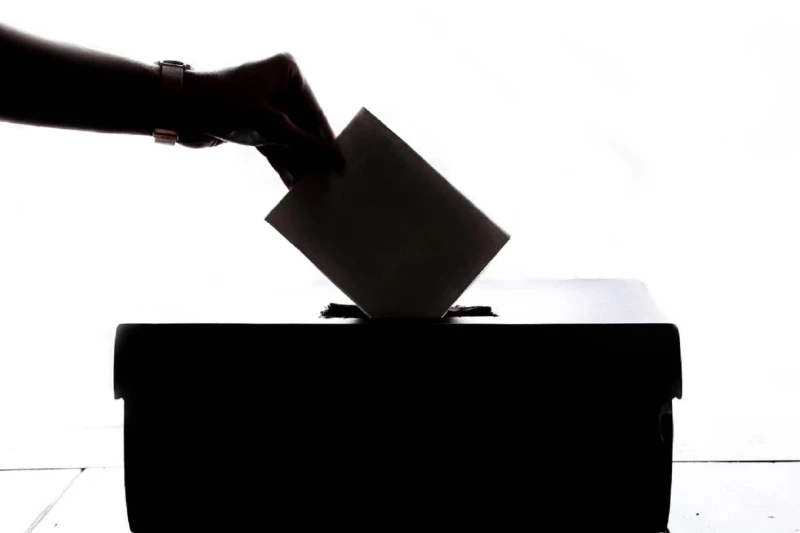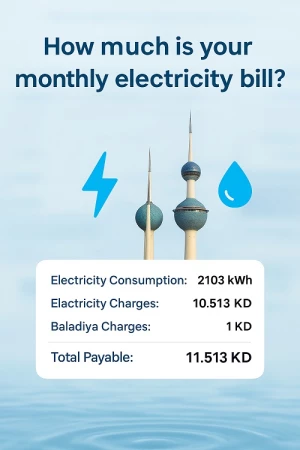Latest News
- Expats Alert: PACI Just Changed The Rules For Updating Your Addr...
- Best Pizza In Kuwait: Top Brands And What To Order
- Best Budget-Friendly Chalets & Villas In Kuwait For Weekend Geta...
- Why Electricity Bills Are Rising In Kuwait & Smart Ways Expats C...
- App Store Optimization: Why It’s Becoming A Core Part Of SEO Str...
- Best Shower Filters In Kuwait For Hair Fall And Skin Protection
- Exness Sets A New Standard Of Consistency In The Trading Industr...
- Instant Withdrawals In Trading – A Game Changer For Traders In K...
- Best Abaya Shop In Kuwait: Editorial Review Of Abay.com
- IPhone 17 In Kuwait: Prices, Colors, Specs & Where To Buy
- Best Drinking Water Filter For Home In Kuwait
- Avoid Common Qatar E-visa Application Mistakes. Learn The Top 5...
Electronic Media Platforms Are Not Subject To Electoral Silence
In a significant legal ruling, the Criminal Court of Appeal, presided over by Counselor Muhammad Ghazi Al-Mutairi and with the membership of Counselors Muhammad Al-Duaij and Muhammad Jaafar, clarified that electoral silence does not extend to electronic media platforms, as there is no provision to punish such conduct.
The court made this determination as it overturned a lower court’s decision to fine an electronic media platform on a social media network, deeming it a legal violation due to the absence of specific legislative punishment, reports Al-Jarida daily.
The court stated in its ruling that it disagreed with the Public Prosecution’s assertion that applying criminal statutes concerning publication restrictions before elections constitutes a punishable offense in the absence of explicit legal provisions.
The court emphasized that the accusation against the accused was based on evidence from a legal researcher at the Ministry of Information, who claimed that the accused, on a specific date, had failed to verify the accuracy of information published on their Twitter account regarding electoral silence violations.
The Ministry of Information’s complaint cited a violation of Article 7 of Ministerial Resolution No. 143 of 2016, which prohibits the broadcast or publication of any content, related to candidates for the National Assembly elections on polling day and the preceding day. However, the court determined that while such actions may contravene regulations and regulatory decisions, they do not constitute a criminal offense in the absence of specific legal penalties.
The court concluded that the prosecution failed to substantiate the accusation against the accused, as there was no evidence to prove that the published information was inaccurate or untrue. Consequently, the court annulled the lower court’s verdict and acquitted the accused of all charges.
The prosecution had initially charged the accused with failing to ensure the accuracy of published information and violating electoral silence, seeking punishment under various articles of the Electronic Media Law No. 8/2016.





